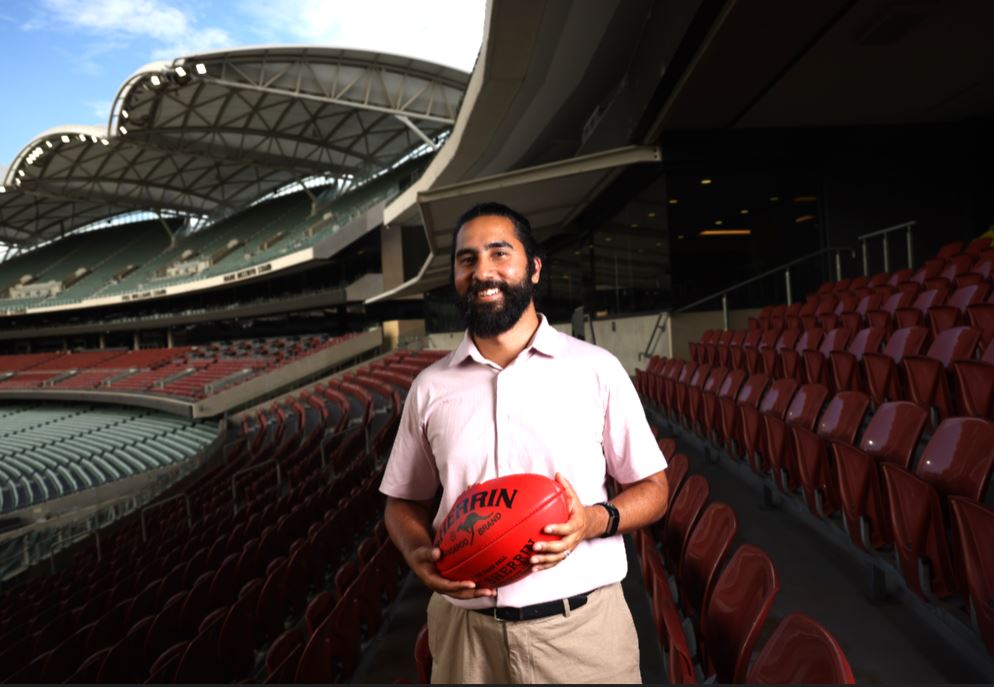A social media and legal expert from The University of Western Australia is among a delegation to Federal Parliament in Canberra this morning advocating for comprehensive legal reforms to target the detrimental impact of social media on body image, especially among young Australians.
Associate Professor Marilyn Bromberg presented recommendations proposed by the Butterfly Foundation’s Body Image and Social Media Law Reform Group and Independent MP Zoe Daniel at Parliament House on 28 May, urging legal reforms towards healthier online spaces.
After researching body image law for more than a decade, Associate Professor Bromberg, who is chair of the legislative reform sub-group, said it had been well established that social media could increase body dissatisfaction among children and young people, particularly when image-based.
“Young people typically spend several hours a day on screens, especially social media, and are exposed daily to hundreds of images and videos of the ideal body that is unattainable for most,” Associate Professor Bromberg said.
“Harm is also caused by content which promotes dangerous weight control measures such as restrictive diets, extreme exercise regimes and images of very thin bodies, known as ‘thinspiration’.”

Associate Professor Bromberg said the Butterfly Foundation, Australia’s largest charity supporting individuals affected by eating disorders and negative body image, had reviewed legislative and other options to increase accountability for harmful content in online environments.
Key recommendations to be presented to Parliament include:
– Establishing a new complaints scheme empowering the e-Safety Commissioner to address harmful body image content.
– Modifying the Online Safety (Basic Online Safety Expectations) Determination 2022 (Cth) so that social media platforms must take ‘reasonable steps’ to remove content and advertising that encourage eating disorders.
– Requiring social media platforms to be transparent about their algorithms, with independent bodies conducting algorithm risks audits regularly.
“It’s imperative that we drive these legislative reforms prioritising mental health and work together to create a digital landscape where individuals can engage with social media platforms free from harmful beauty standards and unrealistic body ideals,” Associate Professor Bromberg said.








